Sessions / Zoom 1

English for Tenkin #775
How well do English conversation lessons prepare Japanese English-learners for life overseas whilst on company placement? How can teachers help students improve their English dramatically in a very short space of time, and do they need to? This presentation shares the results of research into students’ opinions and teachers’ experiences of teaching and learning English for Tenkin.
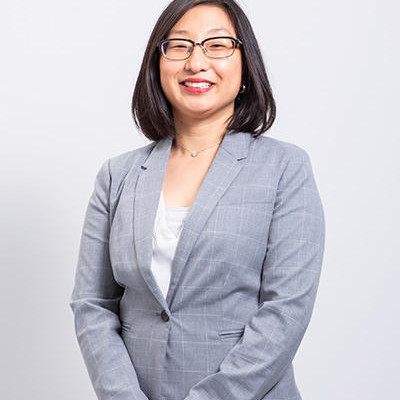

Writers’ PSG: Improving Writing for Publication #390
The presenters will detail the training and services currently available to JALT members through the Writers’ Peer Support Group (PSG), which pairs writers aiming for publication with volunteer peer readers. Current PSG members, those interested in becoming PSG members or more effective peer readers/reviewers, novices writing for publication, and researchers interested in peer-to-peer models would benefit from this session. Our annual general meeting follows immediately, and is open to anyone who is interested.
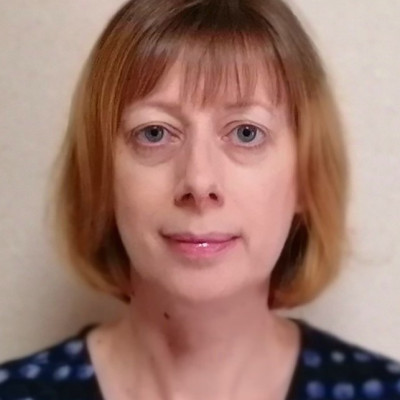
JALT Publications Chairs Meeting #306
This is the annual meeting for JALT SIG and Chapter Publication Chairs. We will discuss issues related to publications and share ideas for producing, improving, and promoting publications. Other SIG and Chapter Officers or members of JALT publications are welcome to attend.
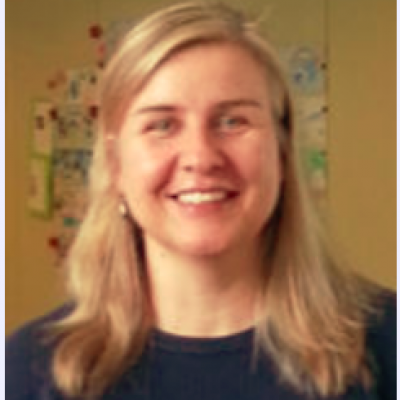
JALT Junior My Share Special Weekday Event #280
First-time special online-weekday addition of the JJ My Share! What is a JJ My Share? An informal opportunity to share a favorite activity or a variation of another activity that you can explain to the group in a minute or two. We will go around the virtual room and share ideas. No need to sign up in advance. EVERYONE is welcome to participate, share, and go home inspired! Please come to this special event.

A Study Tracker Developed From the Bullet Journal #500
The Bullet Journal method (BuJo) created by Ryder Carroll is a customizable journaling system of personal organization handwritten in a single notebook. One of the ways to optimize BuJo is integrating a habit tracker into the system, which helped to develop a study tracker for monitoring study habits. By utilizing the study tracker, students gained opportunities to observe their study habits so that they might increase their beliefs about their self-efficacy.
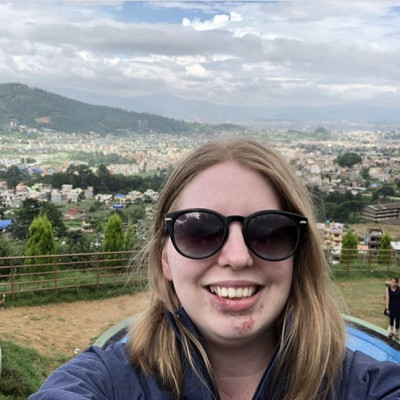
JALT Domestic Affairs Committee Roundtable #819
The DAC Forum will introduce and update attendees about JALT’s Domestic Partners. The roundtable discussion will focus on challenges, and solutions, regarding classroom instruction, management, and activities throughout Japan at all education levels as part of the ongoing COVID-19 pandemic. Anyone interested in discussing the ongoing domestic issues regarding these topics is encouraged to attend.

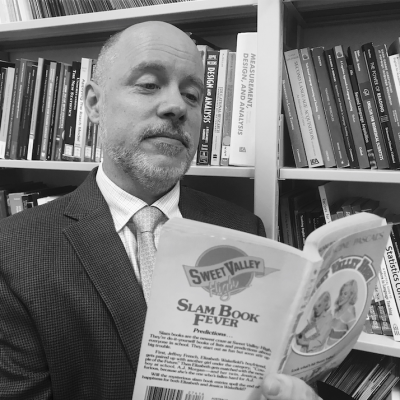

JALT Research Grants: How to Succeed in Applying #547
In this forum, participants will learn about the JALT Research Grants and other grant opportunities available through JALT. Presenters will describe the goals, requirements, and schedules of the JALT Research Grants, which are limited to JALT members who have no other outside research funding. Information will be provided about other grants from JALT SIGs and chapters. Participants will be able to ask questions, discuss requirements, share individual research ideas, and receive guidance about application procedures.
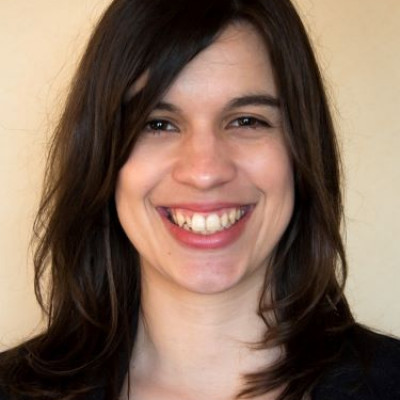
Development of IC through Domestic Programmes #773
This session aims to present two case studies of top global Japanese universities and their efforts to foster interculturally competent (IC) domestic students through contact with international students on campus. It will compare results from a longitudinal survey of 164 Japanese students divided into two groups - one which engaged in extracurricular programmes with an intercultural focus and one which did not. Results will be discussed in light of interviews conducted with some of the participants.

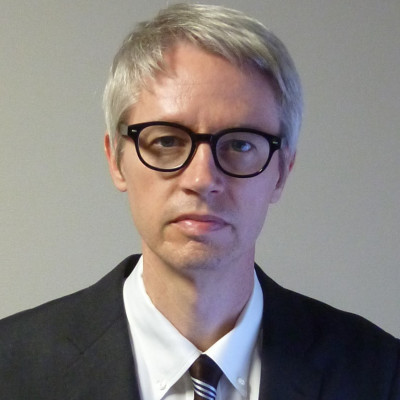



JALT Listening SIG: Hear Us Out! #298
This meeting introduces the development of a proposed JALT Listening SIG. The session will introduce the group members and outline the proposed aims, communication networks, quarterly newsletter, and three annual events. There will also be an opportunity to ask questions and share your intent to participate once the motion for the JALT Listening SIG is officially submitted in February 2021.
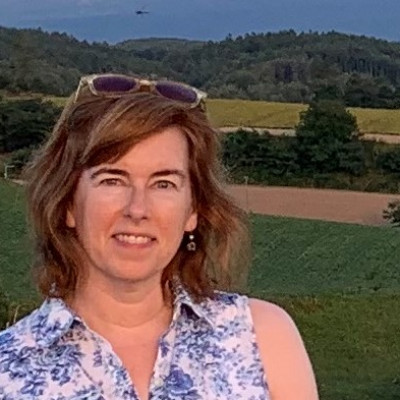
Lessons Learned From a High School Overseas Trip #551
What effects do overseas high school trips have on students’ interest in speaking English, confidence, and listening ability? How does a homestay play into that? This study will discuss and analyze findings that came out of quantitative and qualitative research on one school’s 2-week trip to California, involving a total of 277 students. Implications for our own classroom teaching will also be touched on, particularly with regard to reluctant EFL speakers.

Focus on Suprasegmentals Using Authentic Materials #501
This presentation outlines an instructional phonetics approach aimed at developing greater awareness of suprasegmentals using authentic materials. Presented as rich language resources with several varieties of both NS and NNS Englishes, authentic materials can be mined to highlight suprasegmental features through exposure to “real” spoken language. Based on a three-stage process of focused instruction, teacher conferencing and student presentation, I will demonstrate how English learners broaden their understanding of an often-neglected area of pronunciation instruction.
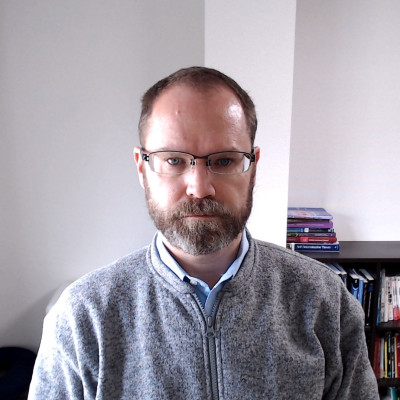
Pan-Asian Consortium Meeting #300
This meeting is for representatives of the Pan-Asian Consortium (PAC) organizations: English Teachers’ Association of the Republic of China (ETA-ROC), Far Eastern English Language Teachers’ Association (FEELTA), Korea TESOL (KOTESOL), Philippine Association for Language Teaching (PALT), Thailand TESOL, and Japan Association for Language Teaching (JALT). PAC members will share ideas and seek ways to collaborate in order to improve language education in Asia.


Differentiated Instruction in the ELT Classroom #370
Every student brings to class a unique set of skills, experiences, and learning preferences, which can be overlooked with a one-size-fits-all approach to teaching, planning, and assessment. Differentiated instruction is one way to address this. The purpose of this workshop is to introduce the concept of differentiation and then share ideas of how it can be utilized in a university ELT classroom with a diverse range of student abilities.

Mental Models for Language Teachers and Learners #499
Promotional Visit the englishbooks.jp pageMental models are simplified frameworks and metaphors that help us to make sense of and navigate through the world around us. In this session, the speaker will introduce a number of models that he feels have particular relevance to the field of language education. He will explain how they have affected his own thinking, and he will examine what insights each model can give us into the challenges of language teaching and learning in general.


Building Intercultural Competence Through CLIL #358
This workshop will first offer a brief rational situating CLIL as an appropriate theoretical framework for developing students’ intercultural and linguistic competencies. Next, participants will experience several practical classroom-tested activities, which can potentially benefit their own students, for developing more effective intercultural attitudes, knowledge, skills, and awareness. Participants will leave this workshop with a greater understanding of how to more effectively merge cultural content and language learning that can benefit a variety of learners.

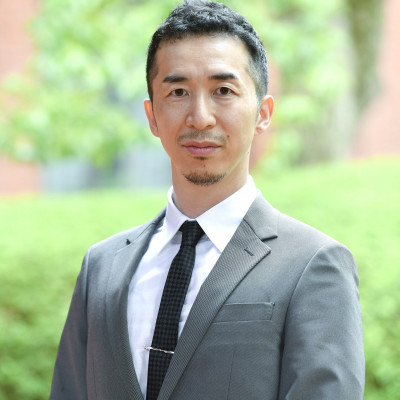
Suggestions for Language Teacher Education #430
To grow, teachers and teacher educators need to engage in mentoring conversations and foster meaningful relationships. In this workshop, we will introduce a process in which, in conversation, we reached a shared and collaborative understanding of key elements in language teacher education. One suggestion born out of the conversation, for example, is that we teachers attend to minute details in changes to practice in our classrooms. We welcome other suggestions from the participants.
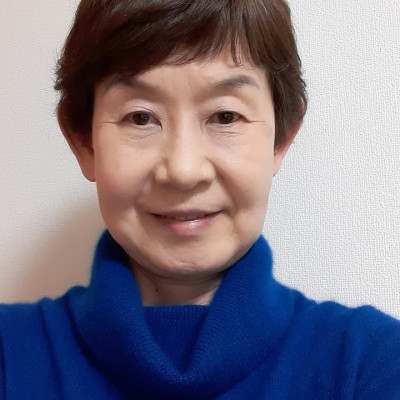
Cuisenaire Rods: A Powerful Tool for the Classroom #357
The Cuisenaire rods are colored rods between one and ten cm long. They are excellent tools for classroom use. Rods can represent people, buildings, streets, cars, etc., as well as grammar structures like clauses in a sentence. Standing a blue rod beside a green one, for example, we can elicit, “Mr. Blue is taller than Mr. Green.” I’ll share several different ways to use the rods and explain why they are effective for language learning.
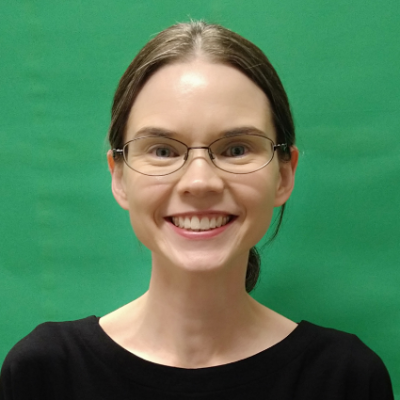
Supporting Learning During Short-Term Study Abroad #759
Research suggests that pedagogical interventions are necessary to help students get the most out of participation in study abroad programs. This presentation reports on an intervention that required university students participating in an optional five-week study abroad program to Australia to attempt and report on a variety of challenge activities via Google Classroom. It will evaluate the effectiveness of the intervention through analyzing the content of student reports and responses to a post-program survey.


Exploring Perceptions of Study Abroad in ASEAN #614
This presentation summarizes findings from a Japanese government-funded study, intended to explore the study abroad experience in ASEAN. Results reflect the opportunity to develop intercultural communicative competences and the benefits of practicing English as a lingua franca (ELF) in ASEAN. Attendees will be introduced to ideas for integrating elements of the ELF model into any L2 classroom while increasing enthusiasm in study abroad opportunities, especially to outer-circle countries.

Less is More: Academic Poster Design That Works #367
This presentation offers practical advice from the fields of infographics and visual design to help teachers produce more successful academic posters. Most of the principles are equally applicable to creating effective presentation slides. Topics covered include use of language and text, colour and shape, and high-impact graphs and charts. In addition, the presentation offers suggestions on software and online design tools and resources. The presenter was a winner of a Best Poster award at JALT 2018.

Cultivating Classroom Community Through Small Talk #431
The presenter analyzes the use of brief, teacher-centered small talk over two terms to Japanese high school EFL learners. Two end of term surveys and one end of year class evaluation indicated that students appreciated these anecdotes as a tool to improve their listening skills, warm-up, learn more about their teacher, and create a comfortable classroom environment. Reflections are offered for those interested in implementing small talk in a similar style in their own classrooms.
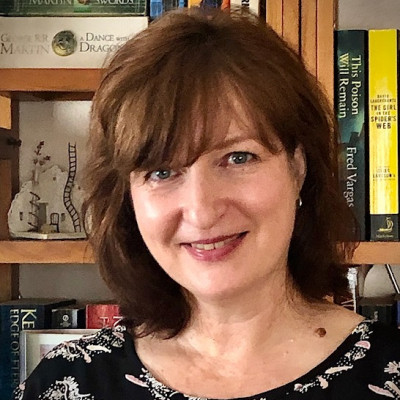

Preservice Teachers: Practice and Reflection #730
This presentation reports on two key components to establish a community of practice among non-English elementary preservice teachers: practice and reflection. L2 teacher practice is achieved through complementary theory, practice and discussion sessions, which offer the preservice teachers the opportunity to establish and explore their L2 teacher identity. Reflection is encouraged through the use of the elementary Japanese Portfolio of Student Language Teachers (JPOSTL) currently being developed and trialled by the JACET English Education SIG.


Teaching Online and After: What We Will Keep #410
Promotional Visit the Pearson Japan K.K. pageThe past few months challenged us all. We’ve now got firsthand experience. We’ve learned and adapted. In some ways we’re better. What will we be bringing back to face-to-face classes (other than a few extra kilos around the waist)? What did we learn? What do we want to keep? English Firsthand authors will share some of what they have been doing. We’d love for participants to share what you are doing, learning, discarding, and keeping.


Mining Classroom Materials #429
Most textbooks contain more materials and activities than can be completed during the time available. Teachers therefore have to select what content to deal with and ignore. In this presentation, we will present criteria for the effective use of textbooks including to what extent the content integrates the four skills and grammar/vocabulary, and how accessible the meanings in the language are. Pages from a widely used secondary school textbook are applied throughout the presentation.


Building Communities With Preservice Teachers #586
This presentation will report on an action research project that was undertaken in university-level English teaching license courses. The research was triggered by five premises for community building by John F. Fanselow. One premise, for example, suggests that teachers and their students make small changes in their lessons in order to enrich classroom experience. Findings indicate that the preservice teacher participants experienced diversified feelings and emotions toward the collaborative approaches employed in the courses.

ePortfolios to Understand Teacher Development #749
The presenter has designed his own ePortfolio system using WordPress. Student-teachers update their ePortfolios over two years. The purpose is to help them link theory with practice, share their discoveries about teaching and learning with others, and set their own professional development goals. The presenter will show how WordPress was customized to create the ePortfolio system and through in vivo coding demonstrate the knowledge student-teachers themselves have generated and shared about English teaching and learning.

Student Views of Dialogic Teaching #754
In this paper, I report on an ongoing qualitative research project of reflective practice in which I investigate dialogic teaching in my first-year content-based EFL classrooms. I carried out a qualitative analysis of student surveys by tracing shifts in identity and identification with English. I argue that these collaborative orientations delineate the theoretical core of dialogic teaching.

Taiwanese English Teachers’ Teaching Metacognition #696
The presentation reports an English teacher teaching metacognition survey study conducted in Taiwan. The study reveals information about the current status of teaching metacognition among Grade 1-12 English teachers, its connection to teacher preparation these teachers received in the past, and their teaching practice now. Additionally, it highlights implications and suggestions for teacher training and professional development in the future.

Overseas Teacher Training: The Hosts’ Perspectives #635
Although overseas teacher training has been a Japanese EFL teachers’ professional development opportunity for over two decades, there is little knowledge about hosts’ perspectives on these programs. This study explored one of the overseas programs and examined how the host viewed the goals and roles of the program. The findings from the interviews with two program coordinators highlight the hosts’ hope for a longer-term treatment to make the training more beneficial for teachers.
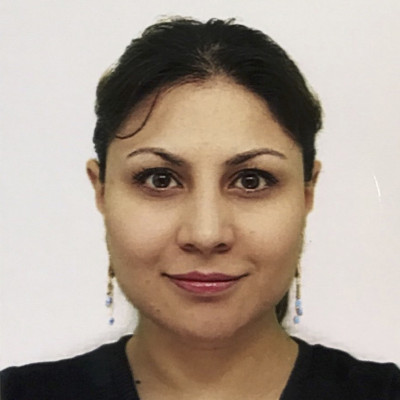
Faculty Development Support and EMI in Japan #695
This study reports on an exploratory investigation of a faculty development (FD) program at a Japanese university. The program aims to facilitate the employment of English-medium instruction (EMI) by training the university’s faculty members and to support them to improve their English language skills. Reflecting on the presenter’s personal observations, the support needs of the faculty participants, the program’s positive aspects, and the possible recommendations for improvement are discussed.